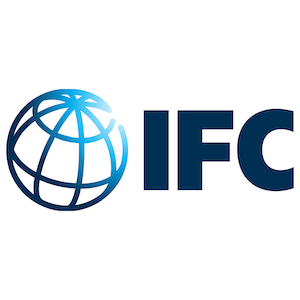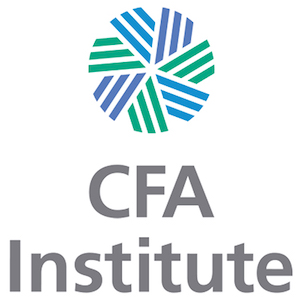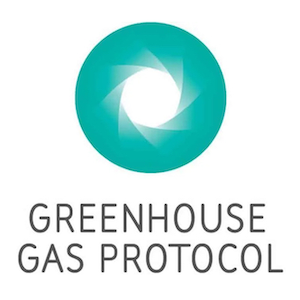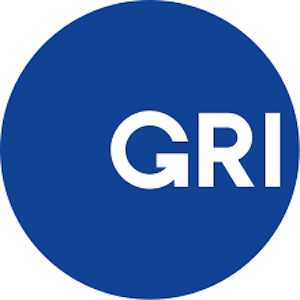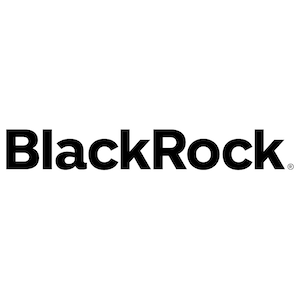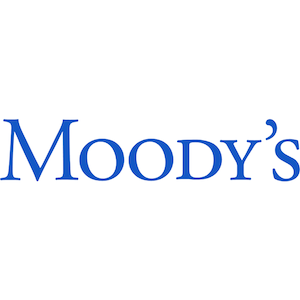Towards a Global ESG Standard
Introduction: Many proposed ESG standard works are overlapping and have led to duplicative efforts by reporters and a lack of consistent and comparable data. We all need a clearer picture of how companies are managing sustainability today and planning for the future. This should be resolved by aligning and converging to establish a globally recognised sustainability reporting framework and set of standards.
AFIEA's Choice: The Best ESG Standard Guideline
The SASB Materiality Map® is a useful interactive tool that identifies and compares disclosure topics across different industries and sectors.
|
Other ESG Standard Frameworks
UN SSE StandardThe SSE initiative is a UN Partnership Program to provide a global platform for exploring how stock exchanges can enhance performance on ESG issues and encourage sustainable investment. It maintains a ESG Disclosure Guidance Database.
|
IFC ESG StandardIFC's Environmental and Social Performance Standards define IFC clients' responsibilities for managing their environmental and social risks. This helps emerging markets raise their ESG standards.
|
CFA Institute StandardCFA Institute is developing a global industry standard to provide greater product transparency and comparability for investors by enabling asset managers to clearly communicate the ESG-related features of their investment products.
|
NASDAQ ESG StandardNasdaq OneReport simplifies the process of ESG data capture, engagement, oversight, and disclosures. It has also implemented an ESG Data Portal for listing companies and investors to access ESG and performance metrics.
|
GHG Protocal StandardGHG Protocol supplies the world's most widely used greenhouse gas accounting standards. The tools enable companies to develop comprehensive and reliable inventories of their GHG emissions. Its standard development is facilitated by WRI and WBCSD.
|
GRI ESG StandardGRI (Global Reporting Initiative) helps businesses take responsibility for their impacts, by providing them with the global common language to communicate those impacts. It defines the GRI Standards for sustainability reporting.
|
BlackRock ESG StandardESG data captures components important for valuations that are not traditionally reported. BlackRock is pushing for the industry to standardize a globally recognized ESG framework to establish criteria for sustainable investing.
|
Moody's ESG StandardSustainability and climate change are fundamental considerations to seize opportunities and manage risk in today’s global capital markets. Moody's offers data and insights across ESG and climate risks, as well as sustainable finance.
|
FSB TCFD StandardFinancial Stability Board's TCFD develops recommendations on the types of information that companies should disclose to support investors, lenders, and insurance underwriters in assessing risks related to climate change.
|



